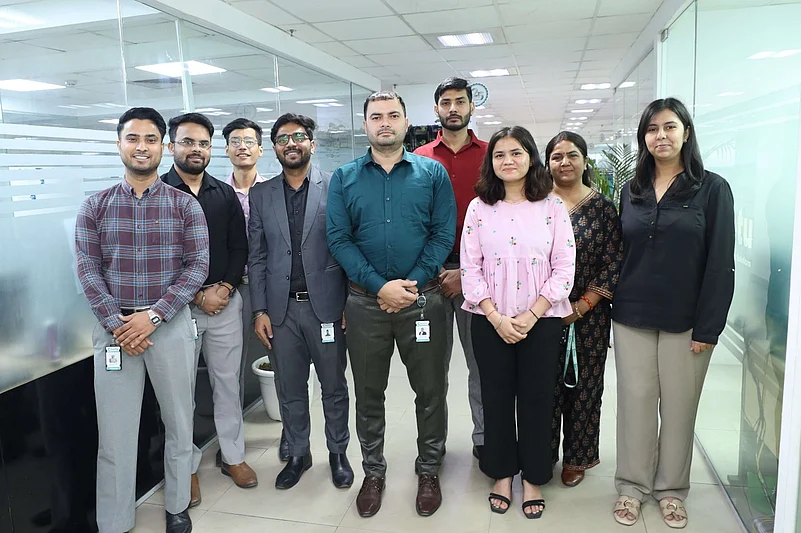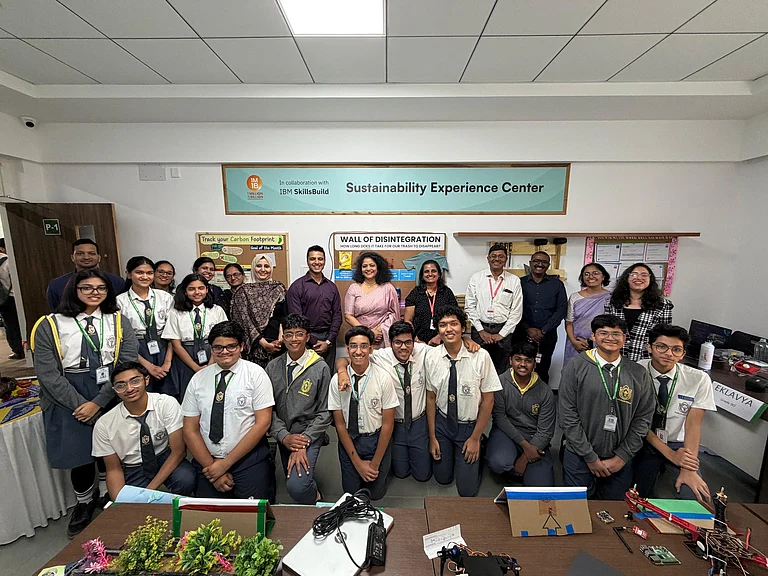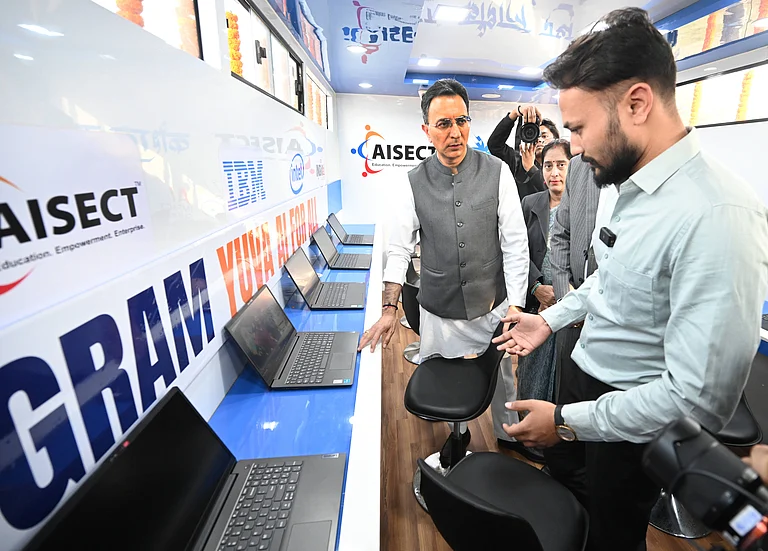In a country like India, where nearly 1.5 million engineers graduate each year, the disparity between academic education and industry-ready skills continues to be a pressing challenge. While the IT sector is booming, many graduates find themselves unprepared to meet the evolving demands of the industry. On the other end of the spectrum, companies struggle to find skilled professionals who can seamlessly contribute from day one.
Amid this landscape, Chetu, a global software solutions provider, is contributing to a shift in the industry landscape. With its Skill Center Program, Chetu is training the next generation of tech professionals and also hiring them. This approach is redefining how corporate India can bridge the gap between potential and performance.
A Vision Beyond Business
Founded in 2000, Chetu operates in the custom software development space with a growing presence. With delivery centers in Noida and offices across the globe, it serves Fortune 500 clients, startups, and everything in between. But beyond numbers and projects, there is a focus on community upliftment and skill enhancement.
Recognizing the widening chasm between what students learn in college and what industries demand, Chetu launched its Skill Development Center in Noida. The initiative provides free-of-cost, hands-on training to fresh graduates in areas like software development, testing, cloud computing, and business analysis. The goal is to help graduates into professionals who just job seekers and also job ready.
From Learning to Earning: A Seamless Transition
Unlike conventional training institutes that end their engagement after the last class, Chetu aims to connect learning with employment opportunities. Those who perform well in the Skill Center training are absorbed into Chetu’s own workforce.
This model benefits both the learner and the organization. Students gain practical experience and access to potential career opportunities, while Chetu gains access to a pool of fresh, passionate, and well-trained professionals who meet its operational requirement and workplace culture.
For Instance, Sejal, a young graduate, recalls how uncertain she felt after college. “I had theoretical knowledge but no clue about real-world development practices,” she says. After joining the Skill Center, she learned to code in real time project environments and also gained the confidence to work in a global team. Today, Sejal is a software engineer at Chetu, working with global team
Solving a National Problem Locally
The gap between academic learning and real-world skills isn’t just an individual issue—it’s a national one. According to the India Skills Report, less than 50% of graduates are employable in the IT sector. The reasons range from outdated curricula and lack of practical exposure to poor communication skills and limited industry interaction.
Chetu’s initiative aims to address these problems. By providing mentorship, structured learning modules, soft skills training, and industry-grade projects, the company supports candidates in developing into well-rounded professionals.
Humans of Chetu: Stories of Purpose and Passion
While infrastructure and training programs are crucial, what sets Chetu’s ecosystem apart is its focus on a people-first philosophy. The company nurtures a strong internal culture where growth, mentorship, and recognition are paramount.
Take Charu, for example. She joined Chetu as a trainee and is now a Team lead. “I chose Chetu because I saw a place that not only builds technology but also builds people,” she shares. “I’ve had mentors who pushed me to take on challenges, learn new skills, and lead teams. Chetu gives you space to evolve.”
An example of this is Sangam, a former Skill Center trainee turned full-time developer. “Chetu didn’t just give me a job. It gave me a launchpad. The culture here is not of pressure, but of purpose,” he says.
These personal journeys have become part of the ‘Humans of Chetu’ series, an internal initiative that highlights the inspiring paths employees have taken within the organization. The series captures their experiences, including motivations, challenges, learnings, and key takeaways from their time at Chetu.
For many, it’s the sense of belonging and empowerment that keeps them rooted. For others, it’s the opportunity to build global solutions while staying connected to their local community.
Investing in Tomorrow
Chetu's efforts extend beyond training and hiring. Through Chetu Foundation, the company is involved in various CSR initiatives focusing on education, health, and community welfare. From sponsoring underprivileged students’ education to collaborating with NGOs for skill awareness camps, Chetu has contributed to initiatives supporting social development in India.
At a time when the tech industry is grappling with talent shortages despite a surplus of graduates, Chetu provides a model that can be adapted by others.. A model where corporates don’t just complain about skill gaps but actively participate in solving them.
A Call to Corporate India
India’s demographic dividend is one of its biggest strengths—but only if it is harnessed effectively. Programs like Chetu’s Skill Center show that corporates can contribute to talent development, not just recruitment.
Imagine the impact if every mid-to-large tech company adopted a similar model—providing free training, mentoring, and inclusive hiring pathways. This would reduce unemployment, and it would also enhance the quality and productivity of the IT workforce as a whole.
Chetu’s approach highlights that: Skill development isn’t a CSR checkbox; it’s a strategic imperative. And when done right, it benefits everyone—individuals, companies, and the nation.
In an era defined by digital disruption and fast-changing technologies, bridging the gap between potential and proficiency has become increasingly important.
Chetu’s journey in addressing this challenge—through free training, inclusive hiring, and a people-first culture—stands as an inspiring blueprint for others to follow. By aligning education with employment, and supporting graduates in becoming professionals, Chetu isn’t just developing software—it’s also contributing to career development.


























